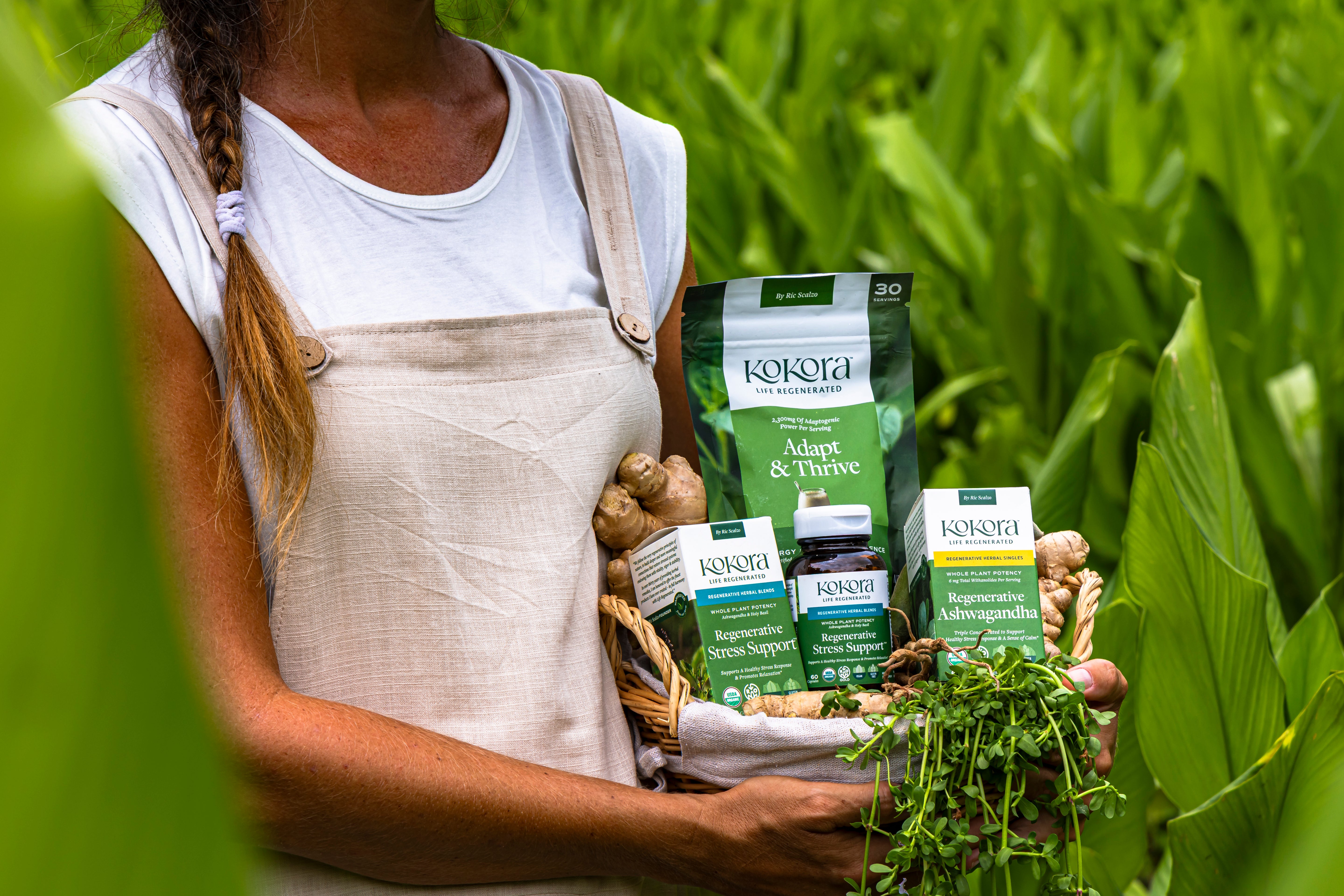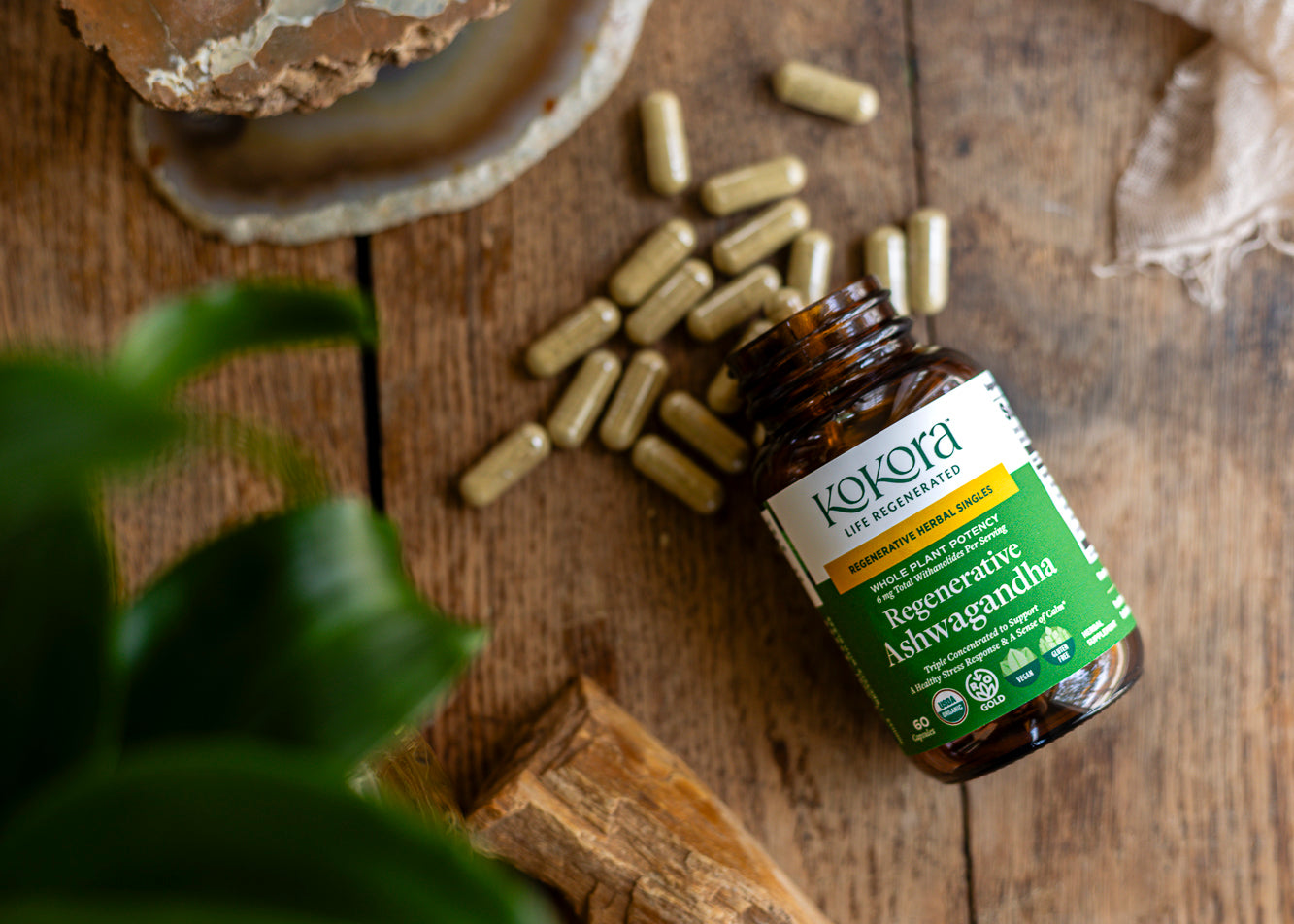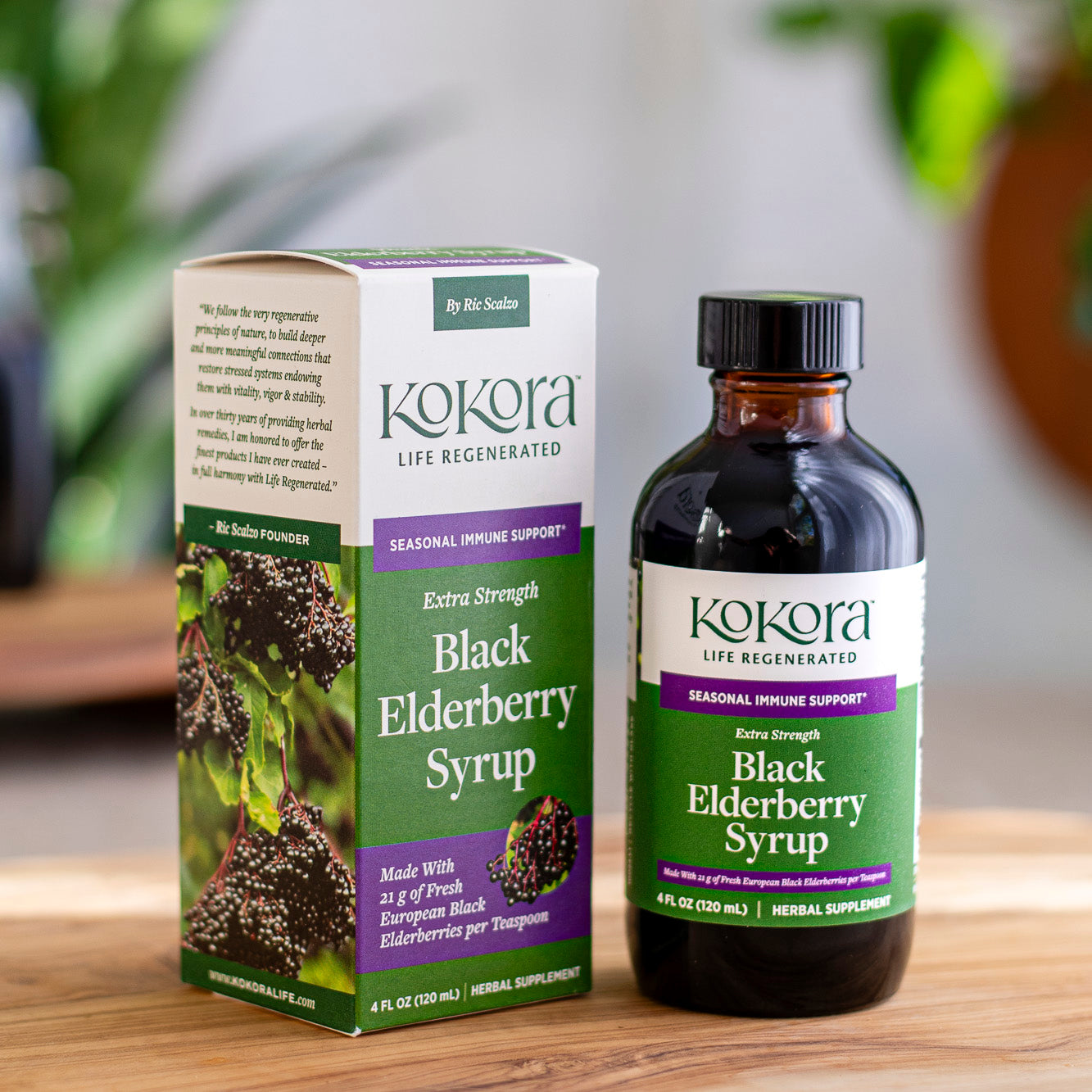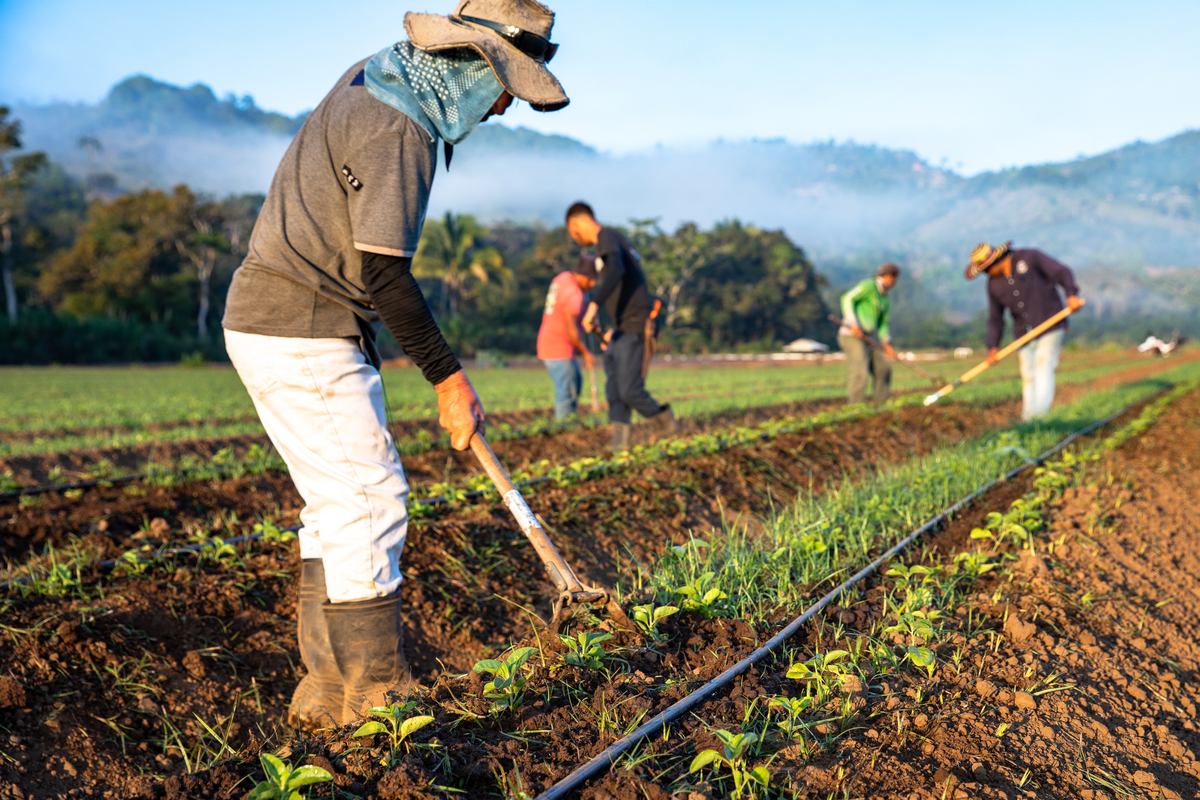A conversation about protecting workers’ rights and nourishing our local community
Everything grown on our farm in Costa Rica is Fair Trade Certified by Fair Trade USA, and it’s much more than just a symbol. Let’s uncover the story behind the Fair Trade mark here at our farm.
We're committed to sustainable, regenerative practices. But our commitment extends beyond the earth to the people who make our products possible. Our farm’s Fair Trade certification is essential and ensures that every single one of our farm employees is treated fairly, is safe and comfortable, and is compensated appropriately.
"In order to have a regenerative certified label, you must also have the Fair Trade certification because they look broadly at how you're taking care of the environment, and the people are a part of that," says Ric Scalzo, founder of Kokora.
To become Fair Trade certified by Fair Trade USA™, businesses must meet the following standards and guidelines:
- Economic: They must pay the Fair Trade Minimum Price and Premium, ensuring the traceability of their products from approved certifiers, following label use guidelines.
- Social: Businesses must ensure safe working conditions and prohibit child labor.
- Environmental: They must minimize their impact on the planet by never using dangerous pesticides or GMO seeds, protecting natural resources, and encouraging eco-friendly cultivation.
- Labor and environmental laws: Businesses must comply with local labor and environmental laws.
Yearly audits, which include in-depth interviews with every employee, ensure businesses meet minimum certification requirements. These audits also verify employee satisfaction and adherence to gender and pay equality standards.
“Regarding wages, which is a big one, they examine whether women are paid the same wages as men for similar job functions and whether everyone is treated properly and fairly,” says Ric.
What Does Fair Trade Look Like at our Costa Rican Herb Farm?

Fair Trade isn't just about fair wages and working conditions. We go beyond that, fostering kindness, respect, and a strong sense of community among our teams.
In addition to upholding Fair Trade practices and regulations, we contribute to community-building efforts by providing free cacao, bananas, and mangoes for our employees to harvest freely at the farm. We plan to establish a community garden soon so they can steward their own fruits and vegetables, bringing their work-life balance more front and center.

Boosting the Local Community
Nourishing our community also includes providing income opportunities.
We employ 30 people who live in a neighboring community that previously had few job opportunities. They can now rely on full-time, consistent work.
“The closest community to our farm in Costa Rica has a few hundred people in it, and many harvest sugar for income seasonally, but that’s only about a month out of the year. So, providing full-time jobs to people in this little community is quite a triumph – many of these individuals have never had full-time jobs before. They are friends and relatives and know each other, and they experience a lot at the farm together,” says Ric.
Educating the Next Generation of Regenerative Farmers

Aside from the Fair Trade label, we help boost our local Costa Rican economy by running a farmer's co-op. With this co-op of certified organic growers, our Kokora team teaches regenerative farming practices, which gives local Costa Rican farmers another source of reliable income while also contributing to the products we make.
"Right now, they're growing Ginger, and in the off-season, they'll be growing Ashwagandha, which gives them revenue all year long," says Ric. "They become part of the whole regenerative story because we aim to get them to a regenerative organic certified status, where they can not just grow for us, but they can grow at a higher quality in general where the goods are worth more – and they're happy about that."
Working with the Local Government

"Part of the change is to provide an example of how Costa Rica may move out of this heavy chemical mentality to a regenerative organic mentality." - Ric Scalzo, founder of Kokora.
Not only are we helping local farmers and their families, but we are also involved in establishing regenerative practices at the government level of Costa Rica, helping to write regulatory legislation for growing regenerative crops.
"We've had everyone short of the president down at the farm," says Ric. "They're looking to me for guidance on regulatory processes as they're writing their new legislation for cannabis, which we're contributing to helping to set standards. We have a good relationship with the government at every level. Part of the change is to provide an example of how Costa Rica may move out of this heavy chemical mentality to a regenerative organic mentality. Here, we’re more committed to a higher standard of trade practice."
What do you think about the Fair Trade label? To keep up-to-date with community happenings on our farm, follow us on social media at @kokoralife and sign up for emails to get 15% off your first purchase, nourishing recipes, plant profiles, and more.
Read more
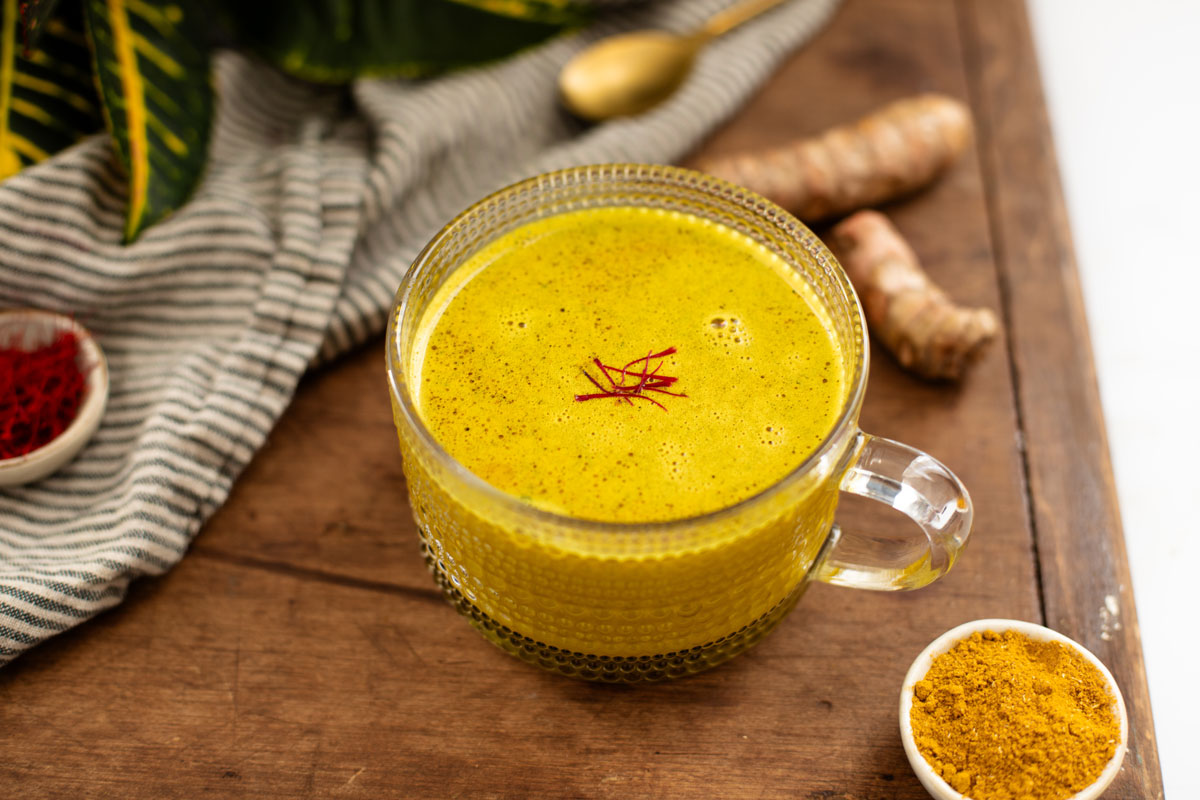
Discover this traditional Golden Milk Bliss™ recipe with saffron, and learn the herbal benefits of this revered health beverage.
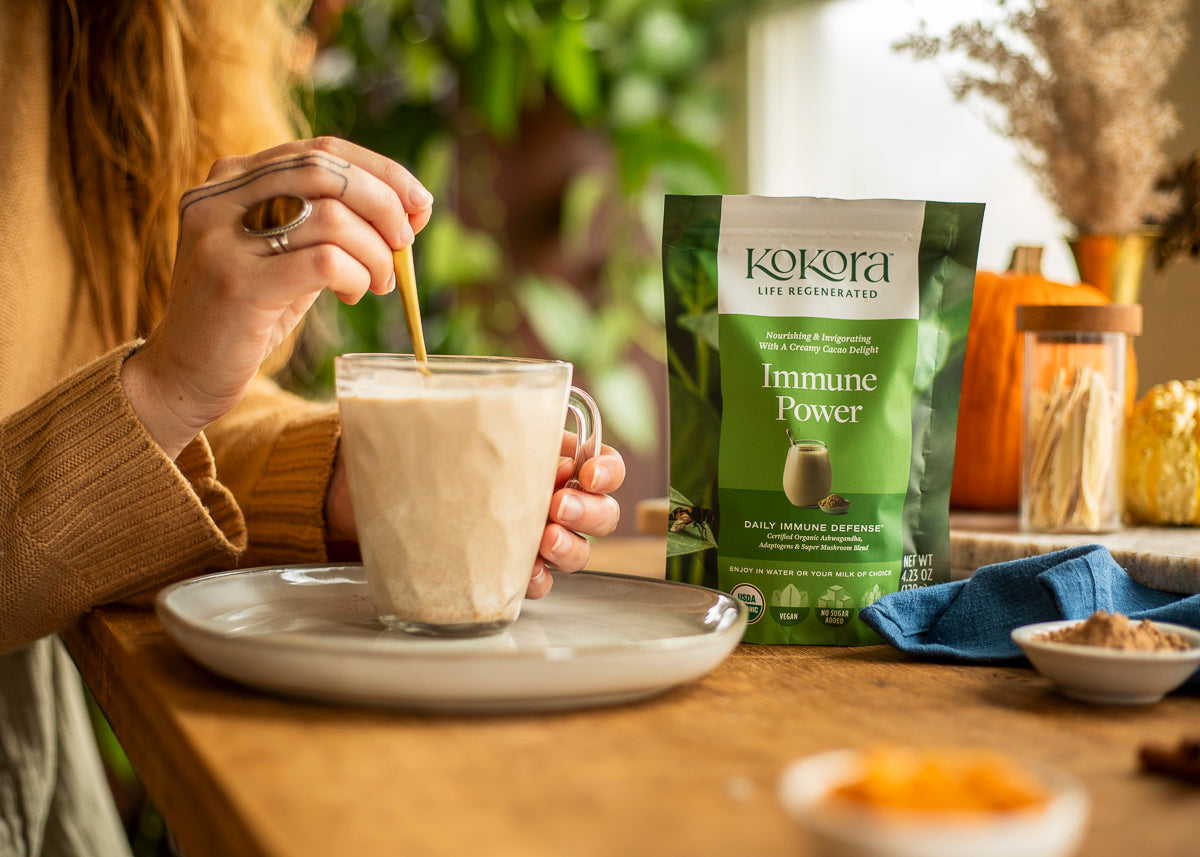
Ready to try a healthy, herb-packed pumpkin spiced latte recipe? Then check out this immune-supportive recipe.

